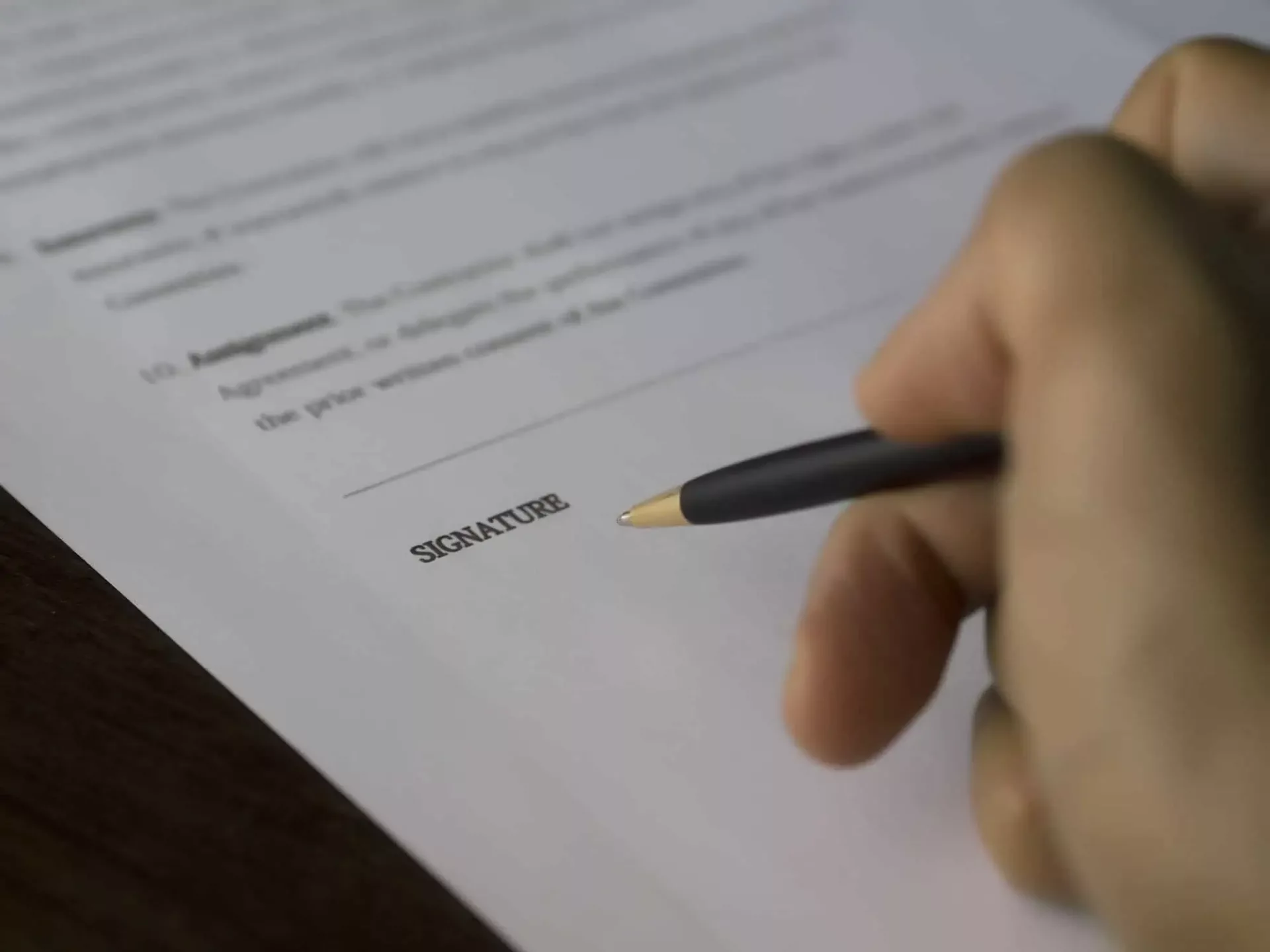Buying a home is a long process that ends with a mountain of well-processed paperwork, and an exhausted, but satisfied smile. Before you can lay back for your first night in your new home, you’ll want to settle your closing costs. Closing costs are an amalgamation of fees that are paid by the home’s buyer, seller, and occasionally, lending institution to finalize the mortgage, and place your new home in your name. Closing costs are the end of a long, but worthwhile process that ends with a raise in your personal wealth, and a great asset for you to pass on to someone you love. How much are closing costs? As with anything else you’ll buy in life, the total cost of a home is going to depend on numerous things, including the location of your home, the market, and amenities in the neighborhood. Closing costs aren’t stagnant, nor are they the only costs that you need to consider when you’re shopping for a new (or gently-used) home, but they are something that, without which, you won’t be able to own your home. Closing costs are paid at the close of the sale of the home, but it is possible to apply your mortgage to your closing costs, pay them off over time. Understanding closing costs will help you understand what’s ahead as you start a new chapter in your life.
Examples of Closing Costs
- Attorney’s Fees
Don’t be put off from homeownership by this expense – you may not need one. In some states, having a ready real estate lawyer is required to move forward with the purchase of a house, but this is rare. Hiring an attorney can be expensive, as anyone should assume, but they have great services to offer. You’ll call an attorney if you’d like for a person familiar with real estate law to look over the contracts and paperwork for the purchase of the home. A real estate agent is also good for this purpose, but a lawyer is paid to make sure that everything is fair, and accurate.
- Survey Fees
Your bank or lending institution will often want to assign a contractor to assess the value of the property, as well as the home itself, to see how risky an investment this could be for the bank. You might be the owner of the home, but the lending institution is the entity paying for it until you pay it off.
- Homeowner’s Insurance
The importance of homeowner’s insurance cannot be understated. Without homeowner’s insurance, not only will you be opening your home to a long list of different disasters that will affect your wallet, you’re also holding up the closing process. Many lenders won’t allow the close of a sale on a home without homeowner’s insurance, and this is insurance that must be purchased. Homeowner’s insurance protects your financial future in the event of a natural disaster, but there are some misfortunes that can happen to your home. Without insurance, you face the uncertainty of starting your home life over from scratch while dealing with the emotional blow of having lost your home in the first place.
Also part of closing costs for your new home could be your homeowner’s association (HOA) dues, inspection fees, property taxes, and the commission for your deserving real estate agent.
How Much Are Closing Costs?
Across the United States, closing costs average less than $5,000. In the life of a mortgage, this isn’t very much, but it can still surprise even the most careful house hunters. Expect your closing costs to reflect between 3% and 6% of the purchase price of the home, or between $7,500 and $15,000 for a property that costs $250,000. Closing costs for a foreclosed property tend to be around the same as they are for a new or gently-used home. The states where closing costs are highest include New York, Maryland, Vermont, and Washington D.C. You’ll find the nation’s lowest closing costs in Iowa, Missouri, and South Dakota.
The best part of paying off closing costs is that you’ll already have had a detailed list of expenses related to the close of the sale. Your lender is legally required to issue a good faith, itemized estimate of your closing costs, called a Loan Estimate. Having this list will give you enough information to financially prepare to move forward the purchase of your home, or to find out if the process will make your home too expensive.
Lowering Your Closing Costs
As with most of the journey of purchasing a home, you will have options that can alter the total of your closing costs. The first thing that you should do for yourself, before even calling a real estate agent to set up a viewing, is to start shopping for a mortgage lender. Take your time doing this. You may think you’ve found the best lender in the beginning, but find a better rate after a couple of weeks. Shopping around will give you an idea of the market, as well as what’s accessible with your credit. Knowing what you can get will also teach you what you should avoid. If you encounter a lender that seems to be charging high interest rates and demand higher-than-usual processing fees, this could be a sign that you need to either skip that lender, or try negotiating. It is possible to do this, it just takes attention to the fine print in the paperwork. Your local real estate agent or attorney can help you with this.
If you’re still not sure of where to turn when it comes to closing costs, you may actually get some assistance from the seller of the home. It’s not a guarantee, but considering that a seller’s objective is to get a home off the market, and into the hands of a qualified buyer, they may be willing to help the process move along by helping you. Some closing costs, like the real estate agent’s commission, may be paid by the seller, and are part of the grand total of costs needed to get your mortgage (and your new life) going.
Get Your No Obligation Offer in 24 Hours or Less!
Give us a call at (702) 213-9800 or fill out our form to get started.

